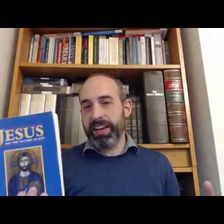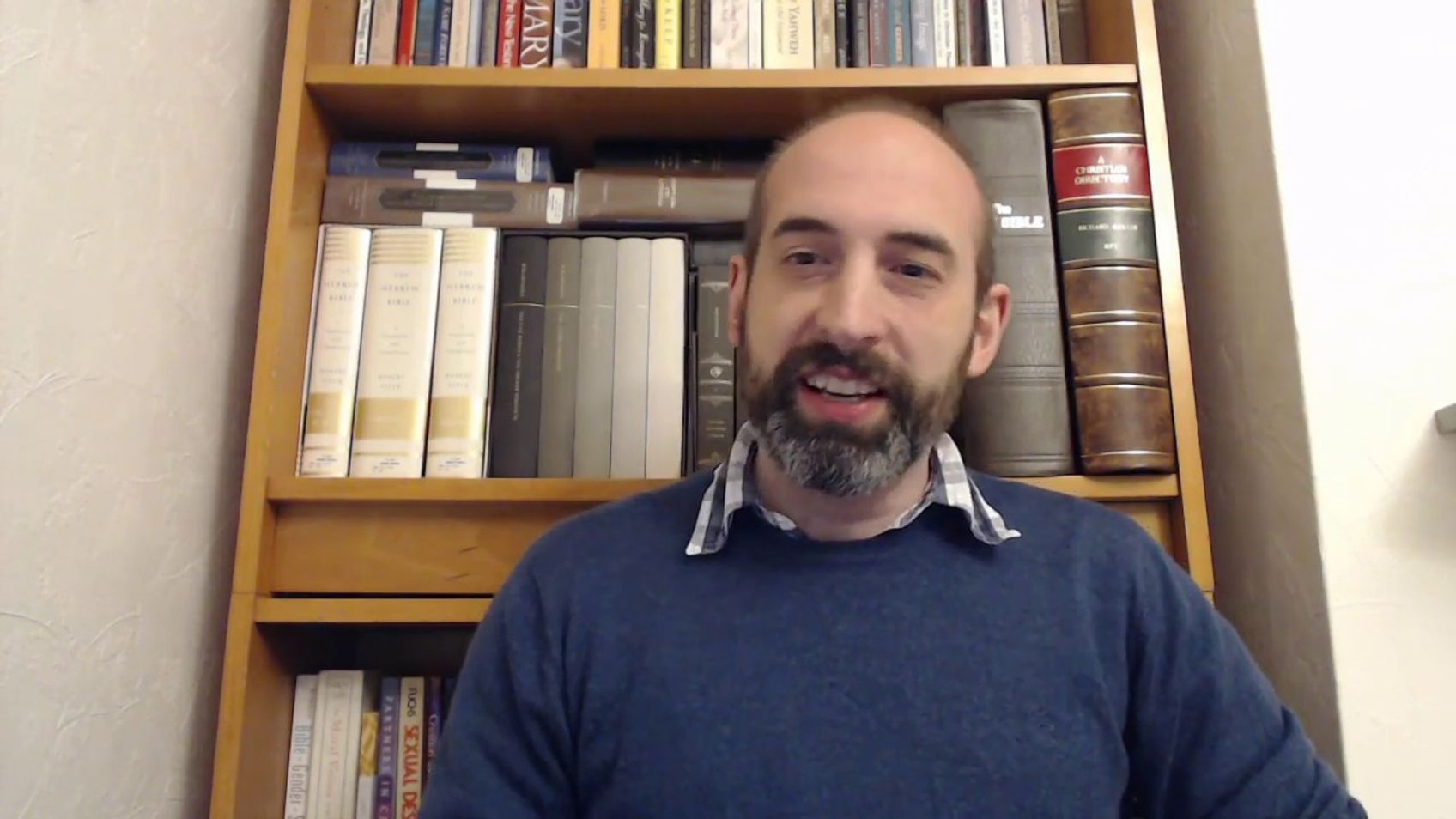Q&A#156 Eagle Symbolism

Today's question: "I've recently been listening to (who else!) James Jordan's talks on Revelation and have a question about the symbology of the Eagle in the Bible.
Eagles seem to be symbolic of Rome's destruction of Jerusalem (Deuteronomy 28:49, Matthew 24:28)
And eagles also seem to have more positive streams of symbolism: Eagles as symbolic of angels, prophets, the association with Gospel of John.
Is there a way to merge these streams?"
If you have any questions or feedback, please send them to me on Curious Cat: https://curiouscat.me/zugzwanged.
If you have enjoyed my output, please tell your friends. If you are interested in supporting my videos and podcasts and my research more generally, please consider supporting my work on Patreon (https://www.patreon.com/zugzwanged), using my PayPal account (https://bit.ly/2RLaUcB), or by buying books for my research on Amazon (https://www.amazon.co.uk/hz/wishlist/ls/36WVSWCK4X33O?ref_=wl_share).
The audio of all of my videos is available on my Soundcloud account: https://soundcloud.com/alastairadversaria. You can also listen to the audio of these episodes on iTunes: https://itunes.apple.com/gb/podcast/alastairs-adversaria/id1416351035?mt=2.
More From Alastair Roberts






More on OpenTheo















